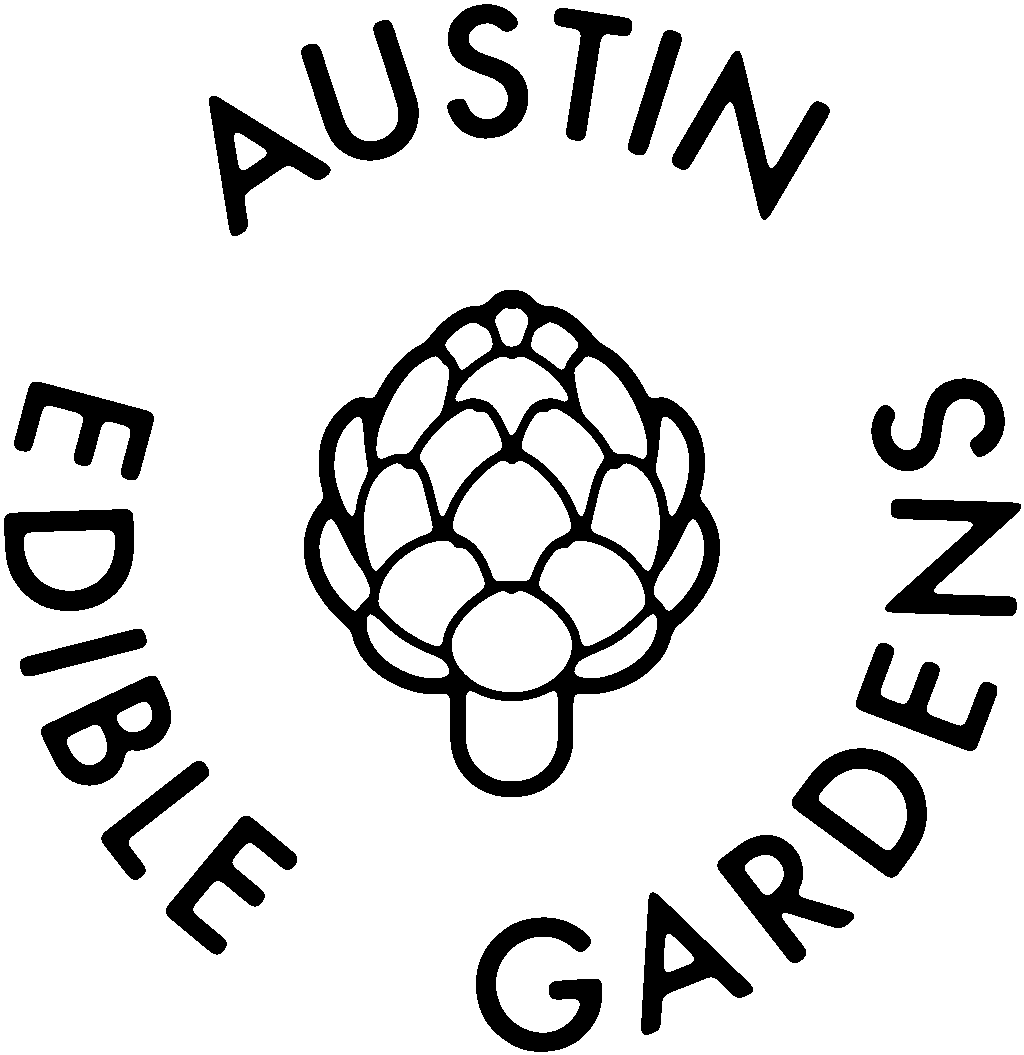Gardening as a Practice
I began my journey as a gardener and yogi at the same time - 18 years ago in Portland, Oregon. In the following years of engaging regularly in both activities, I made some observations about how we as a society think differently about these activities, and I think it may help beginning gardeners to think of gardening more like a yoga practice than as a skill to master.
I have made a profession out of gardening - I started a small landscaping business in Portland in 2004 and just recently started an edible gardening business in Austin after almost four years of teaching sustainable gardening techniques at a nonprofit here. As a compliment to my hours of laboring outside, I regularly attend Vinyasa yoga classes, using the time to stretch my overworked muscles and quiet my anxious mind. Yoga, gardening and I have walked hand in hand for almost two decades.
In my yoga practice, I have heard instructors say, “be present”, “breathe”, and “notice how this feels today”. I showed up to practice, never to achieve a certain pose or to master something - not flexibility, strength, or happiness. No, just to breathe.
However, in my gardening career, I have discovered that most people think that being a good gardener is either something you were born with (green thumb) or can be achieved with hours of schooling or work. Yoga on the other hand, just asks us to ‘show up on the mat’ and breathe. Maybe it’s my underachieving personality (thanks Gen X), but I have never tried to achieve any lofty goal in my time as a gardener and I’d like to extend that freedom to you too. A green thumb isn’t a thing. The term Master Gardener is nothing but a pretentious title for a garden volunteer.
Now that I have begun coaching beginner gardeners, I want to encourage folks to show up in their garden, notice the differences from yesterday or last month, practice some gardening techniques I lead them in, and remind them that turning up the corners of their mouths while practicing gardening really helps. Did you see that squirrel that took your red tomato? Breathe. Notice those aphids that are trying to infest your kale. Breathe. Looks like the cucumbers could use some nutrients. See you tomorrow to continue this practice. Like yoga, there is no end result in gardening. We may fail, the garden will succumb to weather and pests, or we may harvest a perfect tomato.
The health-promoting effects of a garden have been proven. Like yoga, they provide mindfulness, physical health, and recovery from illness. In the brilliant Oliver Sacks essay, “Why We Need Gardens” he says, “The effects of nature’s qualities on health are not only spiritual and emotional but physical and neurological,” he concluded. “I have no doubt that they reflect deep changes in the brain’s physiology, and perhaps even its structure.” But I believe that to experience the positive impacts of biophilia, we need to make gardening more accessible and begin to diffuse the notion of a good vs. bad gardener.
I don’t strive to have a perfect garden, but I do know that an essential ingredient to a successful garden is the gardener’s shadow. Attend to your gardening tasks, wonder at the way a tiny seed can produce an orange carrot, watch the insects mating, pick a flower, eat a cucumber. If we can ease the emotional attachment to gardening, it will become more enjoyable. All you need to do is hone your innate instinct to make things grow and cultivate a wonder for the natural world. Inhale, exhale. Namaste.

